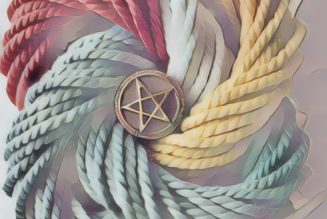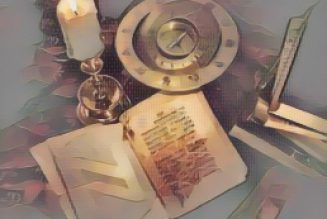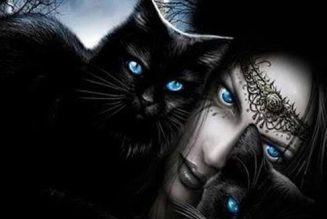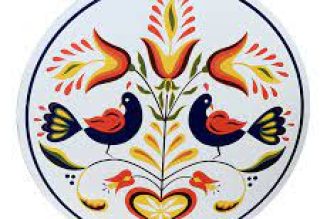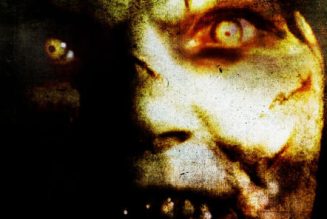It is sometimes said that England has always been a Christian nation.
However, for over a thousand years before the arrival of Christianity, England was a land deeply rooted in pagan beliefs, customs, and traditions that shaped every aspect of daily life.
In ancient times, Britain was inhabited by Celtic tribes who honored a diverse range of deities. Among them were Brigid, associated with fire, poetry, and metalwork; Lugh, known for his many skills; and Cernunnos, the horned god. These figures played important roles in the spiritual lives of the people.
The Druids, as spiritual leaders, were revered as keepers of sacred knowledge, guiding rituals, seasonal festivals, and the oral transmission of lore. Their influence extended to the rhythms of agriculture, the marking of solstices and equinoxes, and the veneration of sacred groves and springs.
Later, Anglo-Saxon settlers brought their own beliefs, venerating gods such as Woden, Thunor, and Frig—whose name is remembered in the word “Friday.” These deities were honored through feasts, offerings, and the telling of epic stories.
Archaeological discoveries, such as the Sutton Hoo burial from the 7th century, provide insight into these early spiritual practices. The elaborate grave goods and ship burial reflect a culture with deep spiritual and ceremonial traditions, where the afterlife and the honoring of ancestors were central.
















